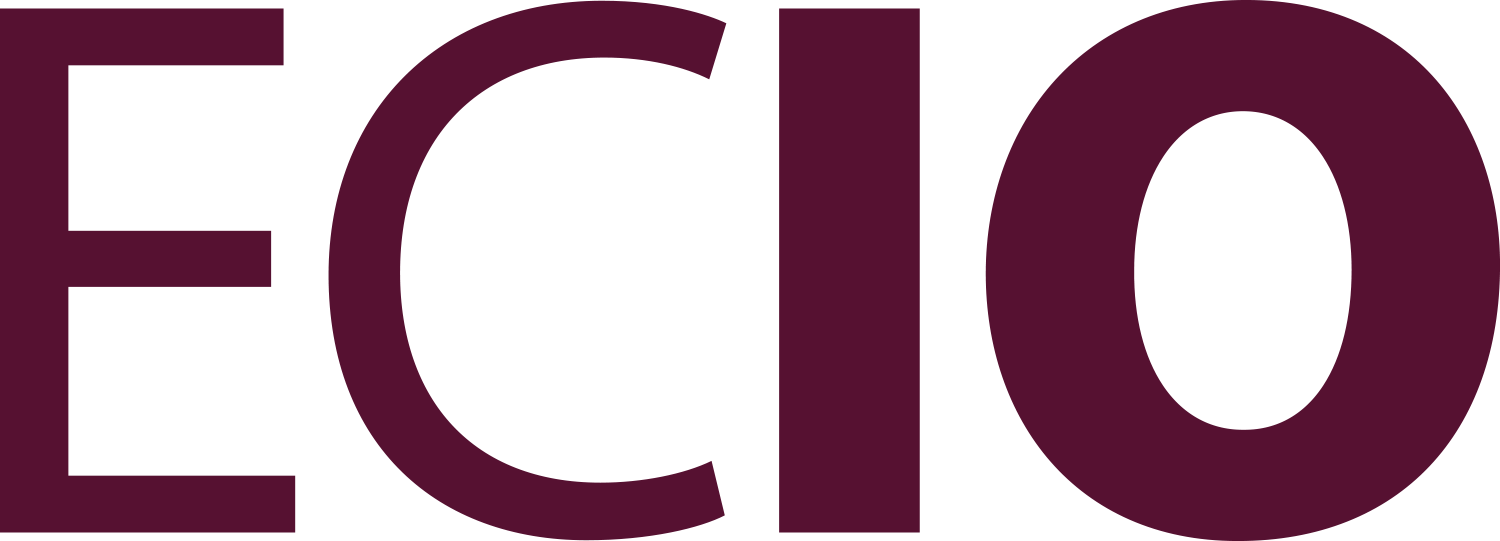Most-viewed poster
We talked to Dr. Bente van den Bemd, author of the most-viewed ECIO 2024 poster, Workflow Opportunities for Impact for AI in Interventional Oncology, to find out more about her research and her experience presenting at ECIO.
The abstract you submitted for ECIO 2024 on workflow opportunities for impact for AI in interventional oncology has been the most viewed of all posters submitted for the congress. Why do you think this topic is resonating so much with your colleagues?
van den Bemd: The combination of AI’s ability to process vast amounts of data, improve clinical decision-making, enhance precision in treatment, and streamline workflows makes it a highly relevant and popular topic in the context of interventional oncology. AI is particularly impactful in interventional oncology because this specialized field involves complex, image-guided procedures that can greatly benefit from advanced technology.
Your poster received a great rating by the Scientific Programme Committee. What did you try to keep in mind when putting it together?
van den Bemd: I tried to highlight as many different aspects of AI as possible, particularly with examples that are used in interventional oncology, so that it would be interesting for my colleagues to look at and, at the same time, provide them with something to learn.
What feedback have you been getting on the poster, both at the congress and after?
van den Bemd: The feedback I received was mostly positive, and colleagues found it interesting that I provided so many different examples with lots of images. However, one suggestion I got was to include some patient cases, showing how AI was used and what the advantages were compared to doing it without AI.
Do you have any advice for physicians on how to achieve maximum impact with their abstract?
van den Bemd: I focused on using as many images as possible and kept the text to a minimum.
Will you continue to work on incorporating AI in the workflow and to help other hospitals optimize their workflow?
van den Bemd: Yes, I will definitely continue researching ways to incorporate AI into the workflow and optimize it across other hospitals. This will not only involve research but also participating in, for example, a departmental board to help drive these improvements.
Are you planning to submit another abstract for ECIO 2025? And if so, do you want to share what it will be about?
van den Bemd: I definitely plan to submit something for ECIO 2025. I’m not yet sure what it will be, but I think it will likely focus on ablation techniques for gastrointestinal tumours, possibly incorporating robotic-assisted ablations.


